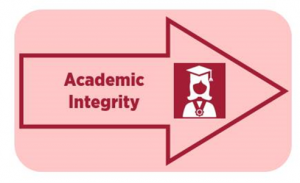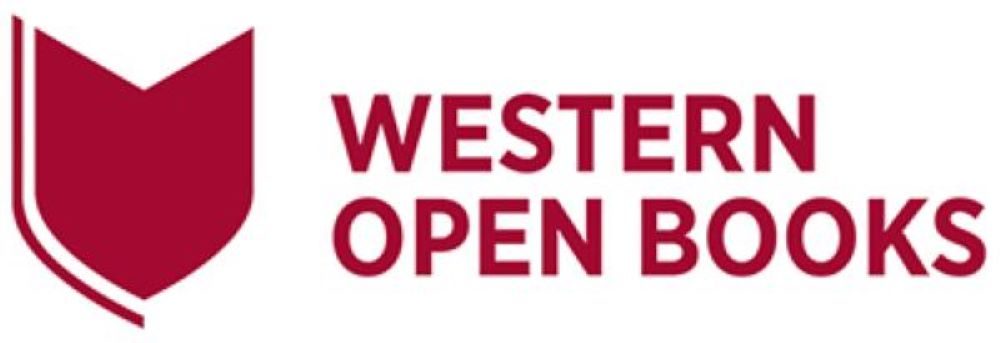13 Applying Critical Thinking to Business Writing
Learning Objectives
This chapter provides insights into how you apply critical thinking in writing your assessments.
Learn how to show academic integrity through critical thinking by using the skills of descriptive writing and critical writing.
Show academic integrity through critical thinking

- Academic integrity picture © Western Sydney University Library Study Smart is licensed under a CC BY-NC-SA (Attribution NonCommercial ShareAlike) license
Descriptive writing
Descriptive writing is a basic first step in writing, is not accepted at a University level. It merely communicates the “what”, “where”, “when” or “who”; describing a thing, place, time, or person. It doesn’t consider anything beyond the thing, place, person, or time to explore the situation’s impact, importance or meaning.
Critical writing
Critical writing is based on identifying logical connections and the use of evidence in well-formulated ideas and arguments. It should link back to the broader objectives of the research question, explaining what each thing or event means in relation to those objectives.
Critical writing – a good start
Critical writing is based on identifying logical connections and the use of evidence in well-formulated ideas and arguments.
From the perspective of the cafe industry sector, cafe owners should consider consumer segments in their marketing strategies and business decisions. Segments consist of sophisticated university students, businesswomen and businessmen, people on the way to work, and any other people who enjoy coffee. Because most of these consumer segments are related to workplaces, a suitable location for a coffee cart would be near or on the way to a workplace.
This piece of writing starts with an opinion (“cafe owners should”) that is based on the theoretical idea of consumer segments. It expands on the idea of consumer segments, then links that argument to the opinion, that it is a suitable location, which is expressed in the final sentence.
However, this example is still incomplete. There is no evidence provided to supports the arguments, ideas and recommendations.
Critical writing – a better example
From the perspective of the cafe industry sector, cafe owners must consider consumer segments in business decisions. Psychographic segmentation is relevant to the café industry because it combines motives, demographic, and lifestyle (Garlin et al. 2018). People who go to cafes and coffee shops are typically workers and university students, who buy during their working day, are influenced by coffee culture and see buying coffee as an affordable luxury (Vuong 2018). Also, consumers want convenience and are unwilling to travel far to buy coffee (Vuong 2018). Using this information about key cafe and coffee consumer segments, a suitable location for a coffee cart would be near a workplace or university.
This improved version uses evidence from the textbook to support the opinion about using market segments to make business decisions in the café industry. It also uses industry-related evidence to support the argument for where to locate the coffee cart.
Using authoritative sources in your writing;
- gives weight to your arguments
- communicates your understanding of operating environment
- demonstrates broader reading on your topic
Learn how to correctly reference using the Harvard Western SydU style in Referencing Business Resources.[1]
Chapter Review
As a critical thinker and writer at university, you must:
- Identify logical connection and use of evidence
- use well-formulated opinions, ideas, and arguments
- take a position and state your opinion
- describe the ideas that lead to your opinion
- present the evidence for your ideas
- reference all evidence, both in-text and in the reference list.
Media Attributions
- Academic integrity picture © Western Sydney University Library Study Smart is licensed under a CC BY-NC-SA (Attribution NonCommercial ShareAlike) license
- P Jewell, K Sheehy K and T Hillsley, 'Section IV: Referencing Business Resources', Business Literacy Skills Pocketbook, Western Open Books, 2025. https://westernsydney.pressbooks.pub/businessliteracyskillspocketbook/chapter/plagiarism/ ↵

